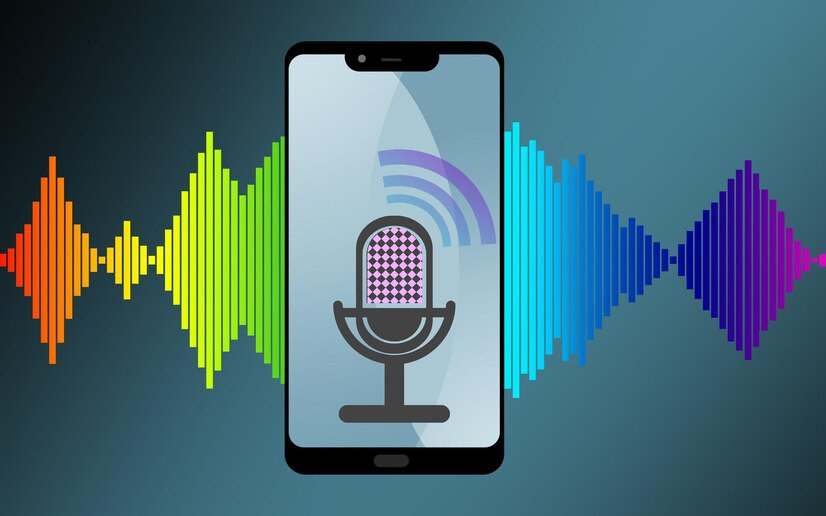In the ever-evolving landscape of technology, text to speech AI (TTS) stands at the forefront, revolutionizing how we interact with information. From its humble beginnings to the dynamic state it finds itself in 2024, TTS has undergone a remarkable evolution.
What was once a mere tool for converting written text into spoken words has now metamorphosed into a sophisticated fusion of linguistics and artificial intelligence (AI) with tools like Woord. The current prowess of text to speech AI owes much to the symbiotic relationship it shares with AI, a partnership propelling it into new dimensions.

Accessibility Revolution
Breaking barriers for visually impaired individuals
Advancements in TTS, such as those pioneered by Woord, have played a pivotal role in breaking down barriers for the visually impaired. The integration of natural voices and human-sounding voiceovers provides an immersive experience, making digital content accessible. Technologies like GetWoord exemplify inclusivity, demonstrating the profound impact TTS can have on the lives of those with visual impairments.
Improving accessibility in education
TTS has become an indispensable tool in education, particularly for students facing reading difficulties. The seamless integration of TTS in educational tools and platforms facilitates an enriched learning experience. Imagine a book reader powered by TTS, transforming written content into engaging audio, leveling the educational playing field for all.
Multilingual Communication
Breaking language barriers
TTS has emerged as a powerful ally in global communication, offering real-time language translation. Applications and platforms utilizing TTS, such as Online Reader, showcase its prowess in breaking down language barriers, fostering cross-cultural understanding.
Cultural implications of TTS in multilingual societies
The cultural tapestry of multilingual societies is delicately woven, and TTS has a role in preserving linguistic diversity. Through case studies, we witness the harmonious interplay between TTS and cultural richness, showcasing successful cross-cultural communication.
Personalized User Experiences
Customizing TTS for individual preferences
The marriage of TTS with AI-driven personalization has ushered in a new era of user-centric experiences. Text to speech chrome extensions and user-friendly applications adapt to unique preferences, ensuring a tailored auditory journey for each user.
Enhancing customer interactions through TTS
Businesses leveraging TTS for personalized customer engagement witness a paradigm shift. The ability of TTS to create realistic voices contributes not only to brand loyalty but also to heightened customer satisfaction.
Entertainment and Media Evolution
Transforming storytelling with TTS
TTS applications extend beyond the realm of education, permeating entertainment. Audiobooks, podcasts, and interactive storytelling platforms are experiencing a metamorphosis, with TTS driving a profound impact on content consumption trends and user engagement.
TTS in gaming and virtual experiences
The gaming landscape undergoes a transformation as TTS finds its way into gaming narratives. AI-generated voices create immersive virtual experiences, blurring the lines between reality and the gaming realm.
Woord is a TTS that can be used online and has a lot of helpful features. Several English dialects, Portuguese dialects, and Spanish dialects are among the more than 50 languages that it is accessible in. A male, female, or gender-neutral voice is also an option. You can try out the service with all of these features without spending any money on the premium version.

How To Use It:
- Access Woord‘s Text-to-Speech Tool
- Input Your Text: Copy and paste the text you want to convert.
- Choose Your Voice and Settings: You’ll find a variety of realistic voices and languages.
- Preview and Generate: This tool will quickly transform your text into high-quality audio.
- Download and Enjoy: When you’re done, click the “Speak it” button and in just a few seconds, you’ll get the texts converted to voices!

